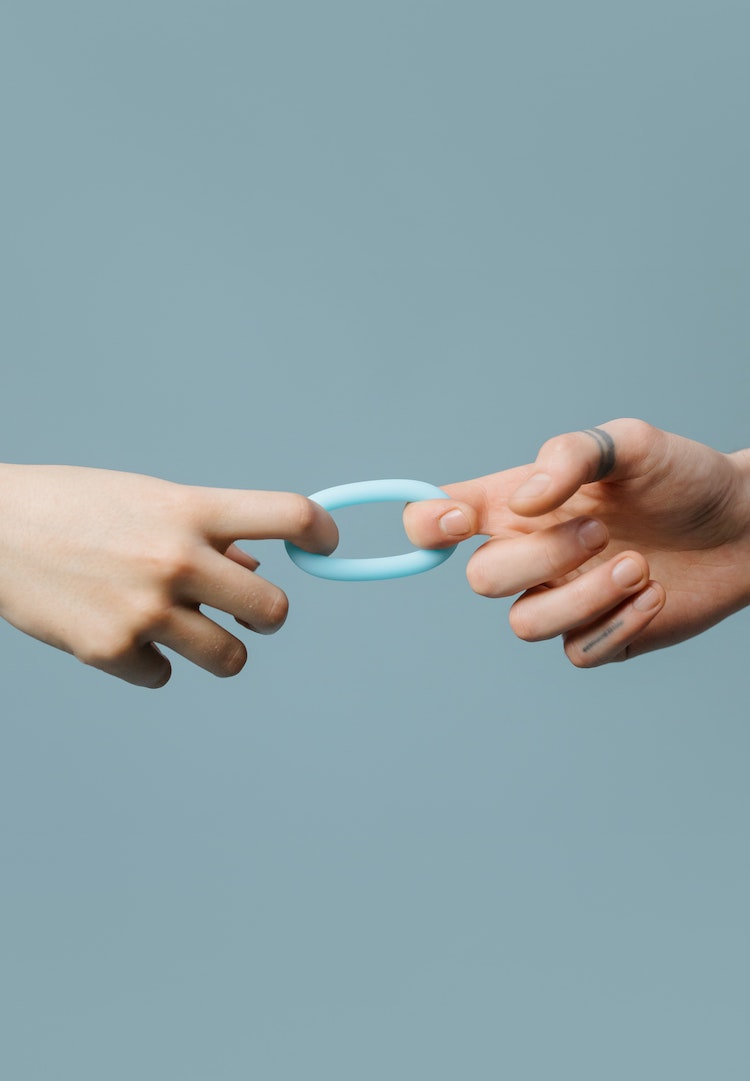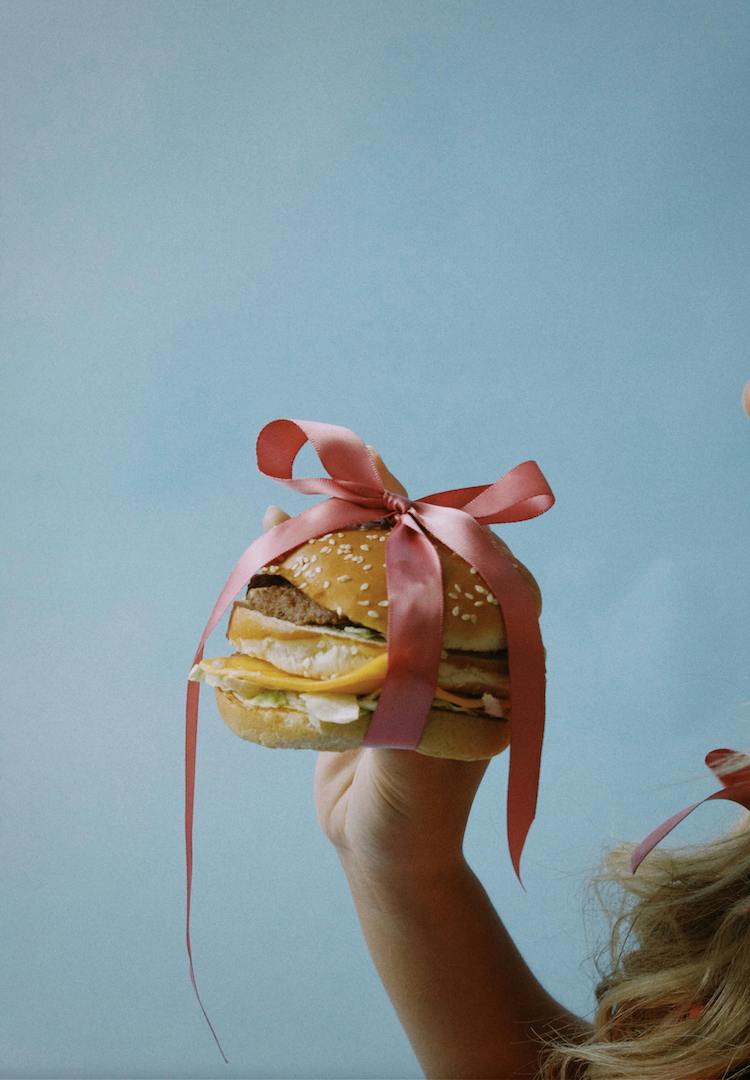Here’s why ‘slimming down to fit a dress’ is so damaging
WORDS BY IZZY WIGHT
“Your body is not a problem to be fixed.”
Content warning: This article discusses eating disorders, weight loss and diet culture.
Following last year’s masked Balenciaga bodysuit and 2019’s wet-look Thierry Mugler dress, Met Gala audiences across the globe were waiting with anticipation to see what Kim Kardashian would be wearing on the 2022 red carpet. What audiences couldn’t predict – despite their best attempts – was Marilyn Monroe’s original ‘Happy Birthday Mr. President’ gown, purchased for a cool $4.8 million at a 2016 auction.
First worn by Marilyn for John F. Kennedy’s 45th birthday in 1962, the crystal-laden Bob Mackie gown made its second famous appearance on the first Monday in May. Following the theme ‘Gilded Glamour’, Kim channelled Marilyn with freshly-bleached hair, long diamond earrings and a white fur coat.
For more content like this, tap through to our Life section.
Despite the hefty price tag and cultural significance of the gown, the real shock came when reports aired that Kim undertook extreme behaviours to lose a significant amount of weight to fit into the dress. (We’re choosing not to relay these details, in accordance with Mindframe’s media guidelines.) In the minutes after Kim walked the carpet, the internet was flooded with articles referencing her ‘goal’ and the measures she took to get there.
I’ve always loved the Met Gala. The red carpet reviews, the ‘on-theme versus off-theme’ discourse, the crossover of different celebrity universes – it’s a fashion writer’s dream. On my lunch break, I went to a nearby cafe and quickly consumed half an hour of Met Gala-related content. But when my feed landed on the Kim Kardashian dress-size-dropping news, my heart sank.
As someone who’s experienced years of disordered eating, body dysmorphia and self-image issues (you can read more about my story here), I understood the impact this story inevitably would have. I could feel myself suppressing feelings of jealousy and self-disgust. My eyes clung to the detailed way she outlined her extreme weight loss routine.
My disordered brain was saying ‘Kim Kardashian is widely heralded as being the beauty standard – so if she felt the need to lose a drastic amount of weight, where does that leave me?’. Mindful of a downwards spiral on the horizon, I worked through my negative thoughts (using CBT tools retained from my years of therapy), finished my lunch and went on with my day. Coming into the Fashion Journal office the next morning, the barrage of Kim Kardashian-related news was a topic of conversation amongst our team.
I was reminded of an article published last month by writer Ruby Staley, in which she recounts her experience moving away from the specific number she assigned to her body. “The numbers we see on clothing tags shouldn’t carry negative or positive connotations; I believe they should be neutral,” Ruby wrote. “Clothes are to be enjoyed – they should be a source of delight and self-expression, or at the very least they should be functional, comfortable items to cover our bodies.”
Instagram user Katie Sturino shared a similar sentiment in a video posted last night (content warning: this video contains a screenshot of Kim’s direct quote, detailing her weight loss). “If there are any young people watching, or anyone who needs to fit into a dress in the next six months who’s thinking ‘I’ll just do what Kim did’… I’m just here to tell you to get a different dress,” she said. “Nothing is worth disordered eating to fit into.”
It was the reminder we all needed to hear, and a succinct explainer of why Kim’s quote – and the media surrounding it – is so damaging. To further unpack the influence of reporting like this on our self-worth, I spoke to the Communications Manager at the Butterfly Foundation, Alex Cowen. “As one of the most famous celebrities of this generation, Kim has a level of responsibility to be mindful of the way she speaks about her body, food, diet and exercise knowing she has almost unparalleled influence in mainstream media”, Alex told me.
Thanks to the work of organisations like Butterfly, we’ve seen popular media take more accountability when it comes to body image, weight loss and diet-culture related rhetoric. It’s stories like these that undermine these positive strides, catapulting us into a problematic past. “The language Kim has used heavily equates weight loss with feelings of joy and happiness and negatively reinforces a feeling of worthlessness when an item of clothing doesn’t fit,” Alex explained to me.
“For Kim’s audience, who is predominantly young, female and attuned to Kim’s every move, exposure to this kind of language could easily contribute to the development of negative feelings, attitudes and behaviours in relation to body image, food and diet… so, while Kim is garnering headlines and praise, we need to also acknowledge this language carries a harmful message that could have a significant impact on others.”
It’s difficult to know where to leave this conversation, as it feels like an insurmountable problem to overcome. As a writer, I’m just scraping the surface – and as a publication, we’re doing our best to understand the responsibility and kindness we owe our readers.
For those also affected by this story, I’ll leave you with Alex’s parting wisdom; a kind of mantra you can use in times of self-doubt and distress (like the moment I had yesterday). “Your body is not a problem to be fixed. You weren’t put on this earth to squeeze into a smaller size. Diet culture is designed to profit off your insecurities. Push back against the rhetoric that says your appearance is the most valuable thing about you.”
If you’re struggling with body image issues or eating disorders, you can call the Butterfly National Helpline at 1800 33 4673 for free and confidential support, or email or chat to them online here.










